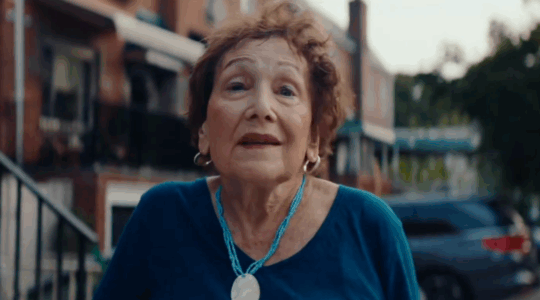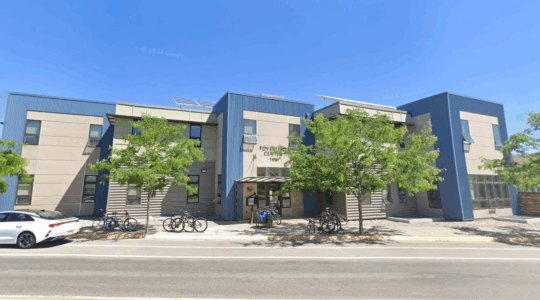NEW YORK, Dec. 9 (JTA) — Joined by some of his “old accomplices,” former Soviet dissident Natan Sharansky commemorated the 50th anniversary of the Universal Declaration of Human Rights with a “symbolic walk” outside United Nations headquarters. On an unseasonably mild December day, Sharansky was joined by many of the supporters who “defeated the KGB” to win his freedom. Mass public demonstrations and political pressure helped bring about Sharansky’s release after nine years of incarceration in prison and work camps beginning in 1978. Sharansky, now Israel’s trade minister, led about 45 people to the Sharansky Steps, a New York City monument. Among the group was Peter Osnos, the publisher of Public Affairs magazine, which is reissuing Sharansky’s account of his imprisonment, titled “Fear No Evil — The Classic Memoir of One Man’s Triumph Over a Police State.” Standing across the street from the towering U.N. building, Sharansky, perhaps the most celebrated Prisoner of Zion, read from the Declaration of Human Rights, which assures as a “common standard of achievement for all
peoples and all nations” basic human rights such as the right to a fair, public trial and freedom of thought, conscience and religion. According to Sharansky, distribution of the U.N. document was prohibited in the Soviet Union. In a telephone interview Sharansky said that during their struggle for freedom of religion and expression, Soviet prisoners of conscience made it a priority to highlight this censure as an example of the Communist regime’s disregard for the principles of law. Sharansky was charged with collaboration with the CIA, allegations which were widely regarded as a sham. Upon his release in 1986, Sharansky immediately emigrated to Israel, where he founded the Yisrael B’Aliyah Party and won election to the Knesset in 1996. With evident emotion, Sharansky said that in order to begin living according to his own principles, he first had to feel a connection to other free people and to other Jews. At that moment, he could begin to live with a “feeling of inner freedom, protected by the declaration of human rights and protected by an army” to defend the law. In Sharansky’s case, he said, that protective force was the “army of students and housewives” who led the political movement on behalf of Soviet Jews. The event in Manhattan was sponsored by a private foundation in cooperation with the Birthright Israel Program.
JTA has documented Jewish history in real-time for over a century. Keep our journalism strong by joining us in supporting independent, award-winning reporting.





